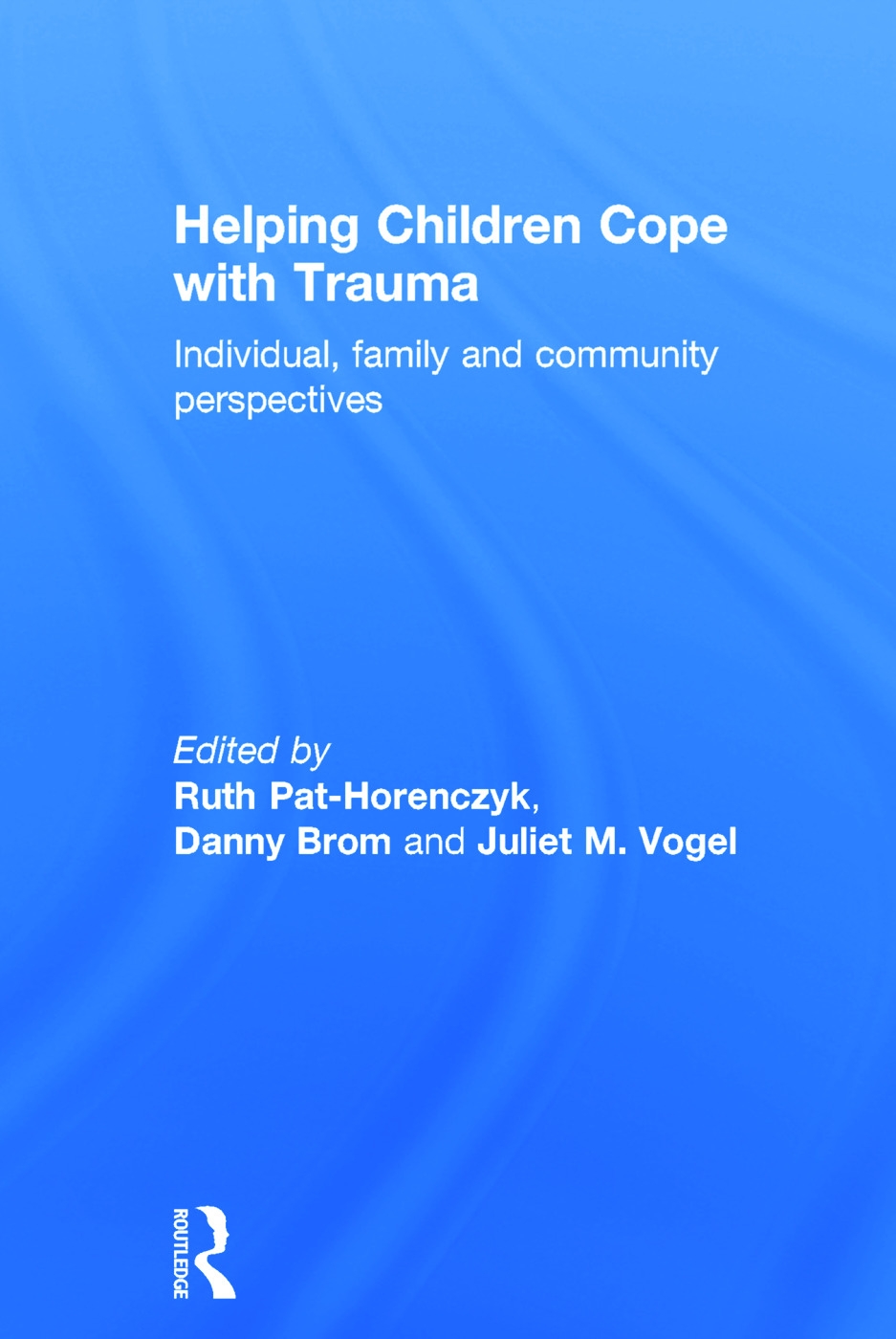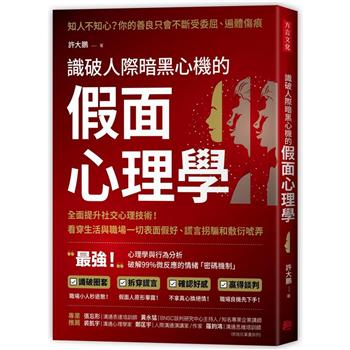"Helping Children Cope with Trauma bridges theory and practice in examining emerging approaches to enhancing resilience and treating traumatised children. Adopting a child-centred perspective, it highlights the importance of the synergy between individual, family, community and social interventions for recovery from post-traumatic stress.Consisting of chapters by an international range of contributors, the book is presented in three sections, reflecting the ecological circles of support that facilitate healthy development in the face of traumatic circumstances. Section 1, Individual, addresses the impact of exposure to trauma and loss on post-traumatic adaptation, focusing on biological aspects, attachment patterns, emotion regulation and aggressive behaviour in children. Section 2, Family, looks at the concept of family resilience, the impact of trauma on playfulness in toddlers and parents, innovative models for working with children traumatised by war, domestic violence and poverty and describes the challenges faced by refugee families in the light of intergenerational transmission of trauma. Section 3, Community, broadly explores the concept of community resilience and preparedness, the centrality of the school in the community during times of war and conflict, post-traumatic distress and resilience in diverse cultural contexts and the impact of trauma work on mental health professionals who live and work in shared traumatic realities. The book concludes with a theoretical discussion of the concept of Survival Mode as an organisng principle for understanding post-traumatic phenomena. Helping Children Cope with Trauma will provide mental health professionals, child welfare workers, educators, child development experts and researchers with a thorough understanding of the needs of children after trauma and how those needs may best be met"--











![2026【補充延伸實務趨勢與議題】觀光資源概要(包括世界史地、觀光資源維護)[華語、外語領隊人員][二十一版](領隊華語人員/外語人員) 2026【補充延伸實務趨勢與議題】觀光資源概要(包括世界史地、觀光資源維護)[華語、外語領隊人員][二十一版](領隊華語人員/外語人員)](https://media.taaze.tw/showLargeImage.html?sc=14100126915)
